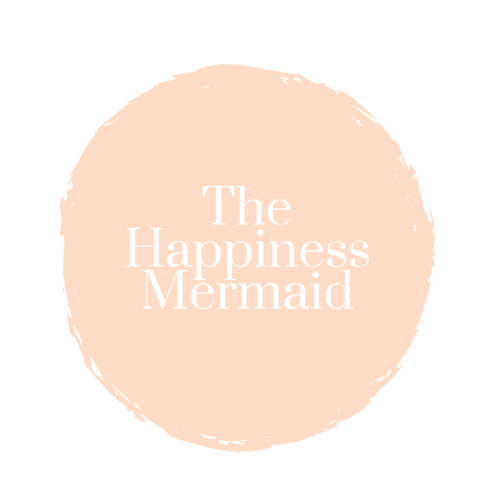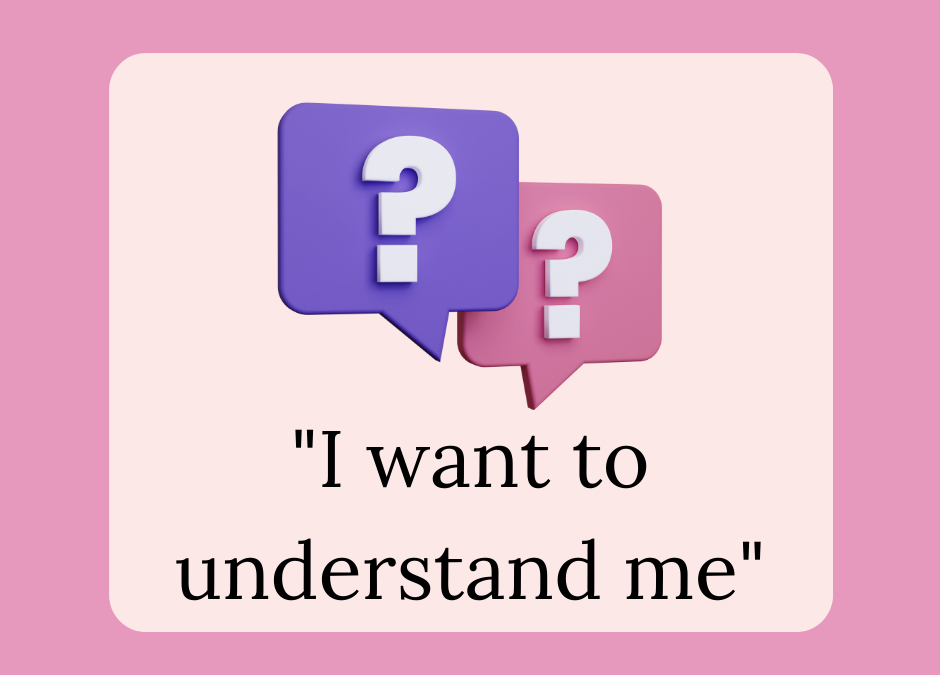All of us have a conscious mind and a subconscious mind.
The subconscious mind is the very influential part of us, that we are not aware of.
It contains thousands of our beliefs (statements that we believe are facts) and memories.
It is also the part of us that controls approx. 95% of our feelings and behaviours. So, it’s pretty powerful!
To understand why we behave the way that we do, we need to:
1) Understand how the subconscious mind is formed and
2) Understand how it works, once it’s formed
1) How the subconscious mind is formed
When we are born, our subconscious minds are pretty much blank slates.
As we grow up, we experience many situations (experiences).
During these situations/experiences, we develop beliefs about ourselves, others and the world/situations. The more experiences we have, the more beliefs we acquire.
Memories of what happened and the beliefs that we developed at the time are then stored in the subconscious mind.
Examples:
Negative Experience – Another children say that we are not allowed to play with them in the playground, when we’re 8 years old.
As a result we could form one or more of the following beliefs:
- “I’m not good enough”
- “There’s something wrong with me”
- “People are mean”
- “People don’t want to spend time with me because I’m……….(insert negative word here)”
Positive experience – We are given ice cream every time we go to our Grandma’s house who adores us.
As a result we may develop the belief “when I eat ice cream I feel loved and special”
So, as a result of the many experiences that we have, we have a very busy subconscious mind that is full of memories and beliefs.
2) How the subconscious mind works, once it’s formed i.e. how does it affect/determine behaviour
The main role of the subconscious mind is ensure that we survive.
It’s designed to keep us safe from harm.
It is also responsible for finding ways to move us from pain to pleasure.
To do this, the subconscious comes up with behaviours that helps us to survive, cope and/or thrive, based on what we believe i.e. the thousands of beliefs that we have in our subconscious minds.
We have many different types of beliefs in our minds. Here are a few that affect our behaviour
1) Beliefs about how we should behave
2) Beliefs about how we shouldn’t behave
3) Beliefs about what we need to do to keep safe in the future.
4) Beliefs about what will give us relief from certain situations
5) Beliefs about what will give us pleasure
Examples of subconscious beliefs:
- “I must always put the needs of others before my own because it would be selfish not to”
- “I shouldn’t let people down”
- “I need to avoid men as they are nothing but trouble”
- “If I get stressed, eating ice cream will make me feel better”
- “I must drink to have a good time”
From the beliefs that we have, the subconscious mind then comes up with strategies, also known as behaviours, to help us to cope, survive or thrive.
Example:
Experience = bullied as a child
Beliefs – People harm you. People are unsafe
Subconscious strategies/behaviours to stay safe/comfortable in life could be:
- Avoid people. Only spend time on your own. Have no friends or partner
- Become argumentative or rude to keep people away and safe from harm
- Overeat to keep physically big and therefore safe. Also to feel better as experiencing loneliness/lack of connection with others
- Become a people pleaser to keep everyone on side, so that you can be safe
These behaviours often work in the short term but they can often cause problems for the person in the long term and when this happens, they start to seek help.
Quick summary:
We behave the way that we do as a result of a two-step process…..
1) We have experiences that lead to us creating beliefs about ourselves, others and situations.
3) Subconscious strategy/behaviour to cope, survive or thrive as a result of the belief
In another blog, I’ll let you know how to change your mind, so that you let go of problematic behaviours in your life…….
Want help to identify and change the beliefs that are causing problem in your life?
Pop over to www.themindmermaid.com or email me at emma@themindmermaid.com
* Be aware that some behaviours are heavily influenced by biological factors rather than the psychological process described above.

